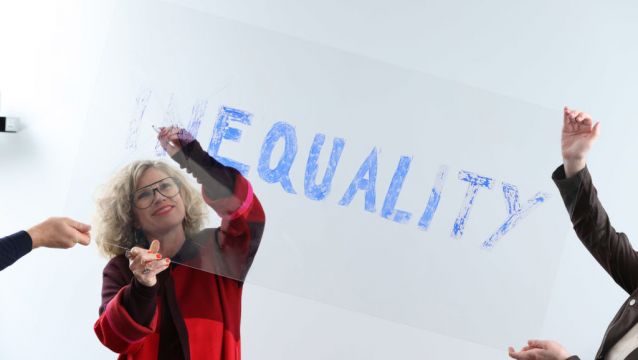Almost three quarters of people feel closing the gender pay gap should be a priority for the Government and employers, however, that figure falls to 63 per cent among men.
Research carried out by WorkEqual to mark Equal Pay Day 2021 found 85 per cent of women believe the matter to be of great importance, while older men were found to be more likely to agree with the statement than their younger counterparts.
Equal Pay Day, today, represents the point at which women effectively begin working for free for the remainder of the year due to the 14.4 per cent gender pay gap which exists between them and their male colleagues.
The survey found pay transparency was supported by 67 per cent of respondents, believing workers should have the right to know what their colleagues who are doing the same work are earning.
While the majority said concern regarding the gender pay gap was awareness of a real issue, 16 per cent said it was an example of "political correctness going too far".
Household responsibilities
Just over half (52 per cent) said the gender pay gap exists as women often make career decisions "influenced by the need to care for children and/or other family members", the same level of people who said household planning tasks in their family were likely to be a woman's responsibility.
The survey also found that 35 per cent of people said their family caring duties have impacted their career, increasing to 45 per cent among women compared to 24 per cent among men.
Commenting on the figures, WorkEqual chief executive Angela Smith says childcare issues are having a disproporionate impact on women.
"The failings in Ireland’s childcare system have been well-documented. Our research clearly shows how childcare – and broader family responsibilities – impact on people’s careers and, in particular, how women bear the brunt of this.
"On a hopeful note, men who experience family life are more aware of the gender pay gap and the impact this has. And, overall, there is strong public support for action by government and employers to close the gender pay gap."
"We still have a long way to go and we need the support of everyone – women, men, workplaces and elected representatives – to make Ireland a much more gender-equal society," Ms Smith adds.







